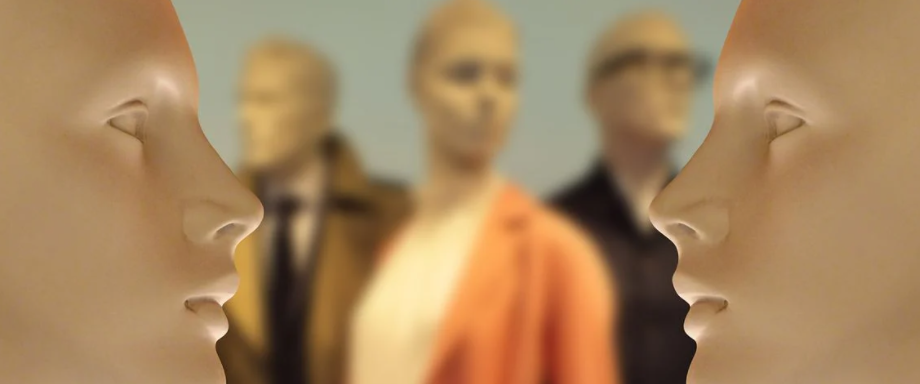|
|
The idea that our mind consists of a conscious and unconscious began many centuries ago, even before the ancient Greeks. It has been the subject of philoshophical debate for the last two hundred years. In 1807 German philosopher Georg Hegel stated that consciousness of self depends on the presence of the “other.” What is the “other?” It is everything that lies beyond the boundaries of ourselves. According to Mr. Hegel the unconscious holds a much larger picture than that retained by the conscious self.
Hidden Realm
Signmund Freud was fascinated by the notion of a place in our mind that contains all of our experiences of reality, yet remains completely beyond our awareess or control. He wanted to find out if it was possible to explain ths realm.
Others feared that the unconscious might be filled with psychic activity that was too powerful, or too frightening for our conscious mind to be able to comprehend.
Freud’s Followers
Freud’s theories and writings were controversial, and he soon attracted followers. Young ambitious doctors who formed an inner circle around their strong-minded leader. This group of pioneering psychoanalysts and others, whom we now call neo-Freudians, accpeted Freud’s theories and ideas: the personality structure of The Id, The Ego, and The Superego; the importance of the unconscious; the shaping of personalities of children; and the dynamics of anxiety and defense mechanisms. But they turned away from Freud on various areas. The group put more emphasis on the conscious mind’s role in interpreting experience and they doubted that sex and aggression were all-consuming motivations. They preferred to emphasize loftier motives and social interactions.
Inferiority vs Superiority Complex
Alfred Adler and others agreed with Freud that childhood is important, but rather that childhood social – not sexual – tensions are crucial for personality formation. Adler first proposed the still-popular idea of the Inferiority-Complex, believing that much of our behavior is driven by trying to overcome childhood feelings of inferiority – feelings that make us strive for superiority and power.
Carl Jung’s Shared Mythology
Unlike other neo-Freudians, his closest follower Carl Jung (1875-1961), later turned against him. Jung agreed with Freud that the unconscious exerts a powerful influence, but Jung took the unconscious a step further. He postulated that it contans far more than repressed thoughts, memories and feelings. He believed that we all have a collective unconscious. A reservoir of images and instincts collected from our species’ universal experiences. Jung said the collective unconscious explains why so many peoples and tribes from different cultures share similar myths and images.
Jung once said “we can keep from a child all knowledge of earlier myths, but we cannot take from him the need for mythology” (Symbols of Transformation, 1912) This idea was also controversial and many modern psychologists have discounted this idea of inherited experience. However, many do believe that our shared evolutionary history shapes some universal dispositions.
Agree to Disagree
Carl Jung claimed that the presence of universal archetypes proves the existence of the unconscious (1944).
Modern psychologists do assume, as did Freud, that much of our mental life is unconscious. That we often struggle with inner conflicts among our fears, wishes and values, and that early childhood shapes our personalities and how we become attached to others.
This report is not a diagnosis. We hope this information can guide you toward improving your life.
Review our Knowledge Base or the links displayed on this page for similar and related topics.

